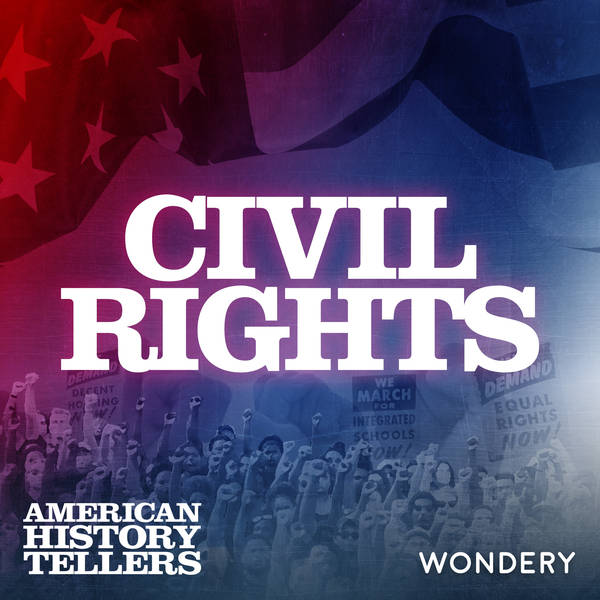
Civil Rights - Prairie Fire | 4
As the Civil Rights movement entered the Sixties, a new generation of activists took the fore. Frustrated by the pace of progress but emboldened by strides made in the previous decade, students embraced “nonviolent direct action,” protest techniques that were provocative but peaceful. Soon, a wave of sit-ins hit lunch counters across the South. The response was caustic, often violent; but the protesters’ persistence led to negotiations with business owners and civil authorities that led to successful desegregation.
The next wave of direct action - the Freedom Rides - met much worse and more violent resistance. Protesters were beaten, busses burned, and hope was nearly lost. Then, when activists moved into the rural South to organize the black vote, white supremacists’ ire turned murderous.
Support us by supporting our sponsors!
See Privacy Policy at https://art19.com/privacy and California Privacy Notice at https://art19.com/privacy#do-not-sell-my-info.
